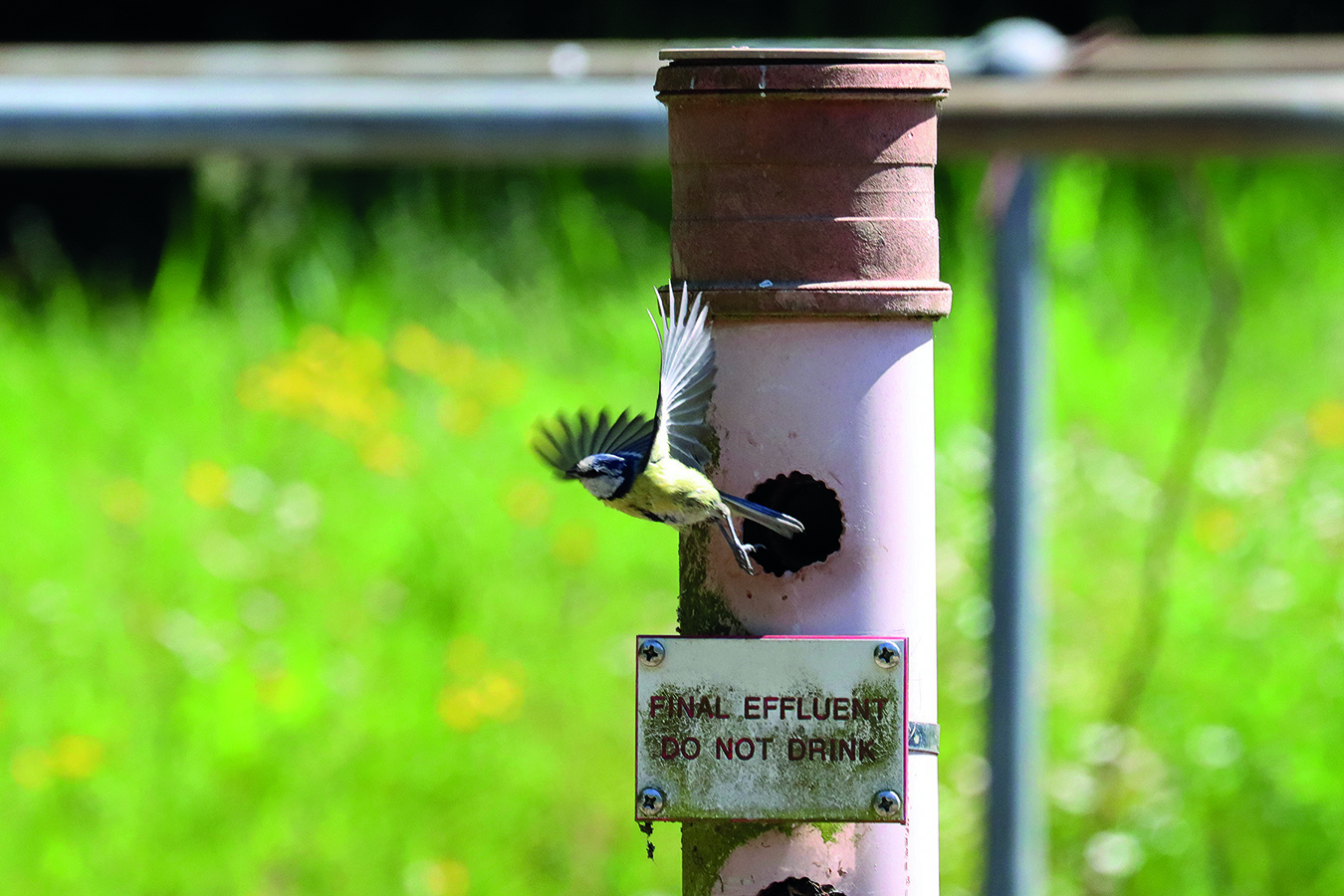
Creating biodiverse environments across the South East
To create a better environment for water, wildlife and people, we’re working to improve the spaces around our sites so that we have a positive impact on our climate, wildlife and habitats.
To create a better environment for water, wildlife and people, we’re working to improve the spaces around our sites so that we have a positive impact on our climate, wildlife and habitats. In terms of our day-to-day work, this means looking for small changes we can make, as well as considering the impact and opportunities from our large construction schemes before we start them.
Creating wetlands on sites
We’re already using more nature-based initiatives to improve water treatment and reduce pollution, such as wetlands, which help reduce harmful levels of nutrients like phosphate in local rivers, as well as improving biodiversity.
Boosting biodiversity through Environmental Champions
Our passionate team of Environmental Champions are there to support colleagues in making these changes, helping to install bird and bat boxes, hedges and more on our sites. In fact, our champions have just launched a Biodiversity Toolkit for teams out in the field, which includes advice and tips on how to make improvements on our sites, and information about how to get rid of tree pests and diseases and invasive non-native plants, like Giant Hogweed and Himalayan Balsam. This is important to ensure effective management and control of these non-native plants.
Having a direct impact on our natural environment
To continue to supply water and wastewater services to customers, we face a number of risks which we must constantly work to manage. Climate change mitigation and adaptation, decline of ecosystems, nutrient and chemical impacts, water resources sustainability, and bioresources sustainability are critical to the work we do. That’s why it’s so important that our teams understand that the decisions we make every day have a direct impact on our natural environment.
Did you know? Invasive species cost the UK economy at least £2.2 billion every year and water companies £7.5 million every year! * Source: gov.uk
Our site teams making a difference
Jon Sewell, one of our process operators at Vines Cross in East Sussex:
“Protecting the wildlife can be as simple as putting up bird boxes or leaving any logs to form a cosy place for bark beetles and woodlice to live. We’ve also placed bee hotels on trees to encourage wild bees.
“I’m always looking around the site to see if we have any new wildlife visitors. Ten years ago, we had a pheasant, and this particular one became very friendly. Every morning when I arrived on site, it would have a ride on my car when I came in the gate, then it would follow me out when I went home in the evening.”
